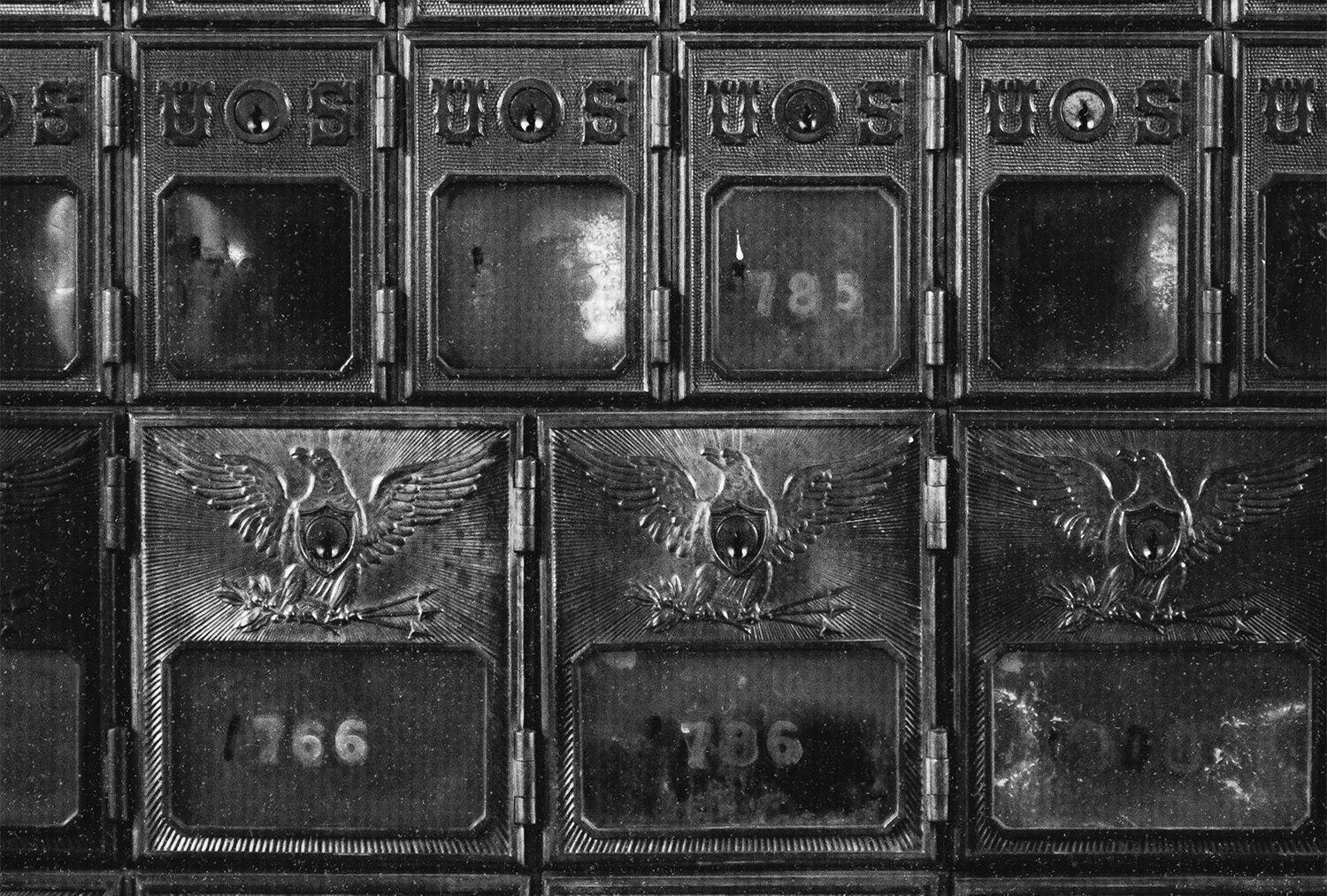Taxation
|
Who Really Sets Tariffs—and How?
In this Explainer, we’ll seek to understand what tariffs are, who gets to set them, and under what conditions.
|
The Economic Tradeoffs of Property Tax Reform
How do property taxes work in the United States, and what are their economic consequences?
|
Do the Rich Pay Their Fair Share of Taxes?
Research Fellow Thomas Savidge digs into tax data to answer a frequently echoed question.
|
AIER Defends Local Control in Key New Hampshire Tax and Education Cases
AIER has submitted amicus curiae briefs to the New Hampshire Supreme Court in the combined cases Rand v. State and ConVal v. State. We took this step because our economic […]
|
Resolutions for the Fiscal New Year
“Many lawmakers in DC make resolutions to be more fiscally responsible, but much like our New Year’s resolutions, they rarely follow through.” ~Thomas Savidge
|
Wealth Inequality Is a Result of Prosperity
“Wealth inequality does seem to be growing, but wealth is growing for the bottom 50 percent too, not just the top.” ~Jason Sorens
|
Tariffs ‘Protect’ Insiders, While Americans Pay the Price
“The best way to address unfair trade practices is not through blanket tariffs but by expanding trade with allies and non-hostile nations.” ~Vance Ginn
|
From ‘Taxachusetts’ to ‘City Upon a Hill’
“Tax and spending reform takes more than ‘electing the right people.’ It must be politically profitable for the wrong people to make the right choices.” ~Thomas Savidge
|
Tax Cryptocurrencies as Money, Not Property
“Treating cryptocurrencies like property for tax purposes discourages people from using them like monies.” ~Gerald Dwyer
|
To Grow Freely, Resist the ‘New Right’
“Under the guise of a new form of conservatism, this faction argues for increased government intervention in the economy, protectionist measures, and the strengthening of monopoly labor unions.” ~Vance Ginn
|
Harris’s Child Tax Credit Plan Punishes Working Families
“Now is not the time to add even more spending to future taxpayers’ tab. The very Americans whom the Harris plan seeks to help — children — are the ones who will ultimately face the burden of repaying it in the form of higher taxes and dampened economic growth.” ~Kevin Corinth
|
How ‘Equalizing’ School Finance Hurts Students and Taxpayers
“New Hampshire is the most fiscally decentralized state in the country, with about two-thirds of the total tax burden being municipal…Households have a lot of choice about where to live, and they exercise it.” ~Jason Sorens and Judge Glock










